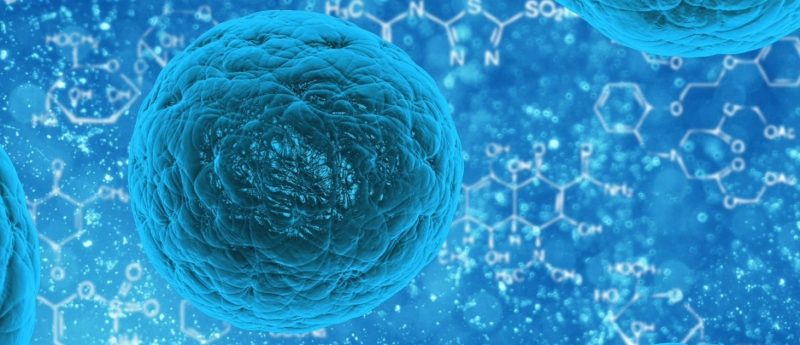Stem cell gene demonstrates capacity for skeletal muscle regeneration

Researchers from the Wihuri Research Institute and the University of Helsinki (both Helsinki, Finland) have demonstrated that satellite cells have the capacity to differentiate into myofibers when PROX1 is active.
A collaborative study by researchers from the Wihuri Research Institute and the University of Helsinki (both Helsinki, Finland) has demonstrated that satellite cells have the capacity to differentiate into myofibers when the transcription factor prospero-related homeobox 1 (PROX1) is active.
Previous studies have displayed that PROX1 is essential for the development of several organs, with some results indicating it plays a role in skeletal muscle development and fiber type specification. In zebrafish, PROX1 is crucial for the terminal stages of muscle fiber development and organization into slow fibers and recently, studies have suggested it is required for the repression of fast fibers in both cardiac and skeletal muscle in vertebrates.
In this investigation, the team identified that PROX1 activates the NFAT and Notch signaling pathways and is necessary and sufficient for the maintenance of the gene program of slow muscle fiber type in mice models.
“PROX1 gene transfer into fast muscles converted them towards the slow fiber type in mice, whereas PROX1 deletion increased the activity of fast fiber genes,” commented lead author Riikka Kivelä (University of Helsinki).
Utilizing lineage-tracing, the team demonstrated that PROX1-positive satellite cells differentiate into slow muscle fibers. Furthermore, they were able to display that PROX1 is a critical transcription factor for the differentiation of myoblasts via bi-directional crosstalk with Notch1. These results identify Prox1 as an essential transcription factor that regulates skeletal muscle phenotype and myoblast differentiation by interaction with the NFAT and Notch pathways.
“Our new findings on the essential role of PROX1 in satellite cell differentiation and slow muscle fiber type maintenance provide an important novel avenue for studies in muscle and metabolic diseases, such as type 2 diabetes. In humans, PROX1 gene polymorphism has been linked to increased risk for type 2 diabetes,” Kivelä concluded.
SOURCE: Kivelä R, Salmela I, Nguyen YH et al. The transcription factor Prox1 is essential for satellite cell differentiation and muscle fibre-type regulation. Nat. Commun. doi:10.1038/ncomms13124 (Epub ahead of print) (2016);
www.helsinki.fi/en/news/a-stem-cell-gene-found-to-command-skeletal-muscle-regeneration